Teachers always work hard to build a space where kids can thrive and grow. One effective way to do this is by setting up routines and a structured environment. Establishing a routine for kids provides a feeling of stability, regularity, and comfort. This makes them feel safe and aware of what they need to do.
Structure refers to the overall setup and framework that supports these routines and activities. It includes establishing boundaries, rules, and behavioural expectations. A structure also helps kids to understand acceptability, creates a sense of security, and encourages good social interactions. In a childcare environment, examples of structure can be consistent rules, daily timetables, and clear expectations for children’s behaviour.
Understanding the importance of routines in early childhood
Having a consistent routine has a multitude of benefits for a child’s development and well-being. By taking small steps, children can learn how to do different tasks, how the world operates and what they need to do to get along in it. Having a simple daily routine gives children a foundation to pick up other crucial skills like personal hygiene, managing their time, controlling their impulses, taking care of themselves, being responsible, becoming independent, and building their confidence.
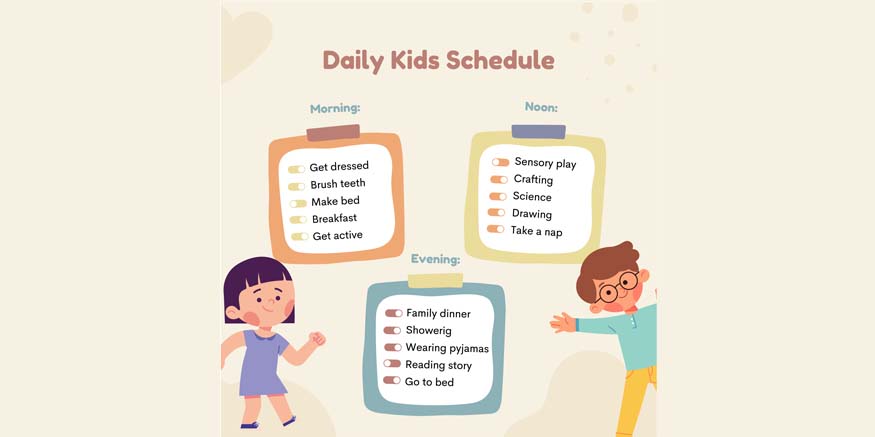
Creating a routine for young children, especially those in pre-nursery is important for their early development. Activities like morning circles and group playtime show children how to interact with other children, share, and understand each other’s feelings. Since routines are consistent, they help kids know what to expect in social situations.
Another great aspect of having a solid routine is that it encourages independence. When kids understand what they need to do, they start taking care of tasks by themselves, like washing their hands before snacks or cleaning up after playing. This sense of independence is crucial because it boosts their confidence.
Transitioning from one activity to another or moving to a different space can be tough for children. Having a routine helps them to understand and anticipate easily and be less stressed. Sticking to a routine also allows kids to build stronger connections with their families.
Here are a few examples of routines:
- Meal time routine
- Breakfast – 8:00 AM
- Lunch – 12.30 PM
- Snacks – 4:30 PM
- Dinner – 8:00 PM
- Playtime routine
- Putting together a jigsaw puzzle
- Baking
- Making crafts
- Painting
- Playing board games
- Taking daily walks
- Riding bikes
- Exploring a local park
- Playing catch or tag in the backyard.
- Sleep routine
Kids’ meal and snack times play a crucial role in their daily lives. These moments give families a chance to gather, connect, and share quality time. Meal time routine also gives a great opportunity for children to understand the importance of healthy eating and learn proper table manners.
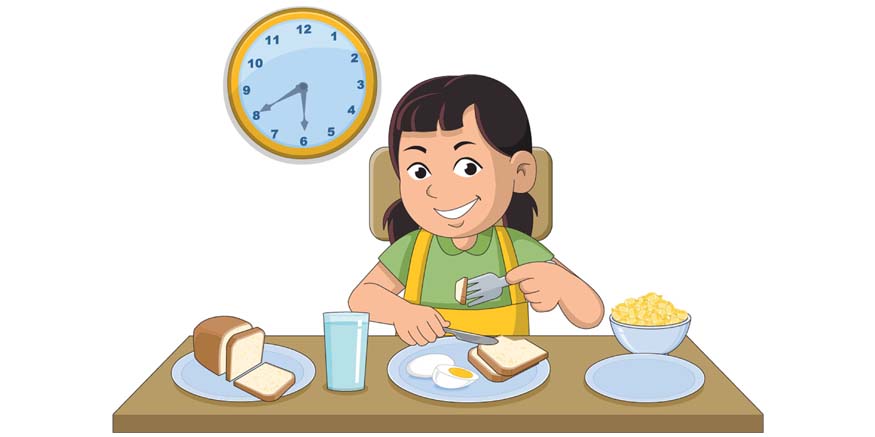
Establishing consistent meal times is key. Breakfast, lunch, and dinner should be part of the routine, ensuring that everyone in the family is together before heading off to school or work.
Here is an example of a meal schedule:
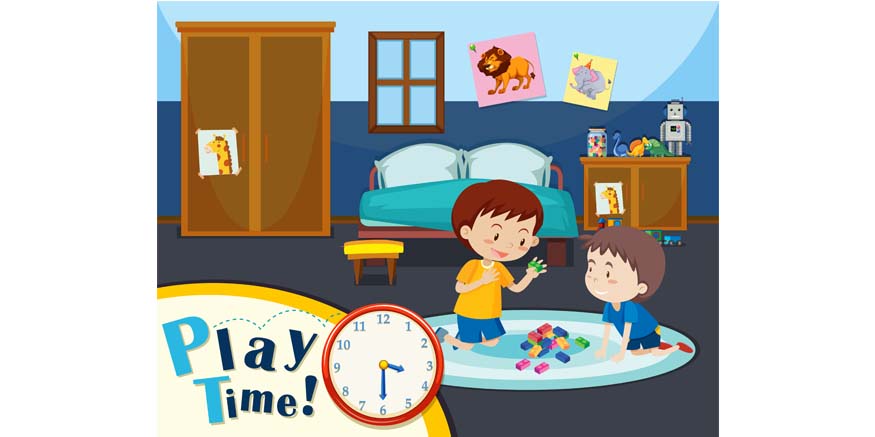
Playtime is a crucial and enjoyable aspect of a child’s everyday life. It helps kids tap into their creativity and imagination while also allowing them to develop important skills like problem-solving and social interaction.
Structured play activities
Structured play includes activities that are designed with a specific goal or purpose in mind. You can plan various physical or mental activities for your kids to incorporate into their daily schedules. Some simple structured play activities might include:
Outdoor play
Outdoor activities are vital for kids’ daily routines since they offer physical exercise and a chance to connect with nature. Some examples include:
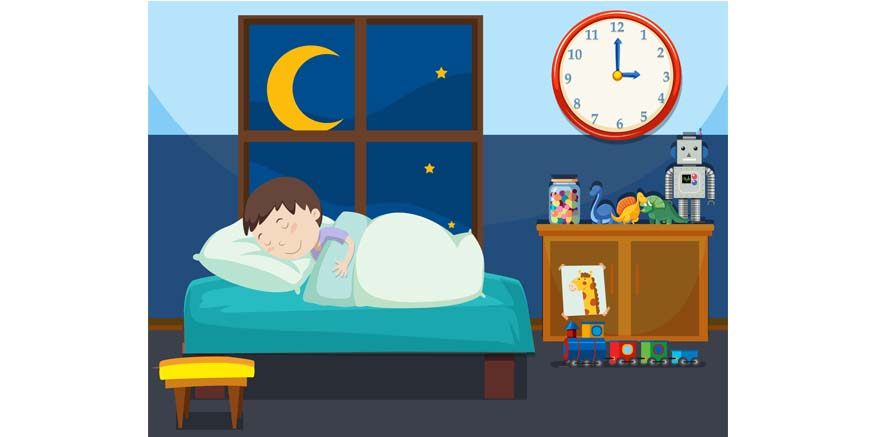
Sleep plays a crucial role in the physical and emotional growth of children. A regular sleep routine allows them to regain their energy after a busy day filled with activities.
Routine and structure play a vital role in childcare settings, providing numerous benefits for the well-being and development of children. By establishing predictable routines, children know what to expect throughout the day, which helps them feel more at ease and confident. Following a routine also teaches them the importance of order and organisation, laying a strong foundation for future learning and success.
At Mother Pet Kindergarten, we create a nurturing environment for kids by using structured routines that give each child the attention and consistency they need to thrive. This method not only boosts learning opportunities but also encourages healthy eating habits through regular mealtime schedules. By emphasizing routines, we foster a balanced space where children can explore and grow, benefiting from the stability that these routines provide.
The inclusion of flexible routines allows for personalised attention, catering to the individual needs and interests of each child. This combination of structure and adaptability ensures that kids are well-equipped for their future educational journeys while also developing important life skills in a caring atmosphere.

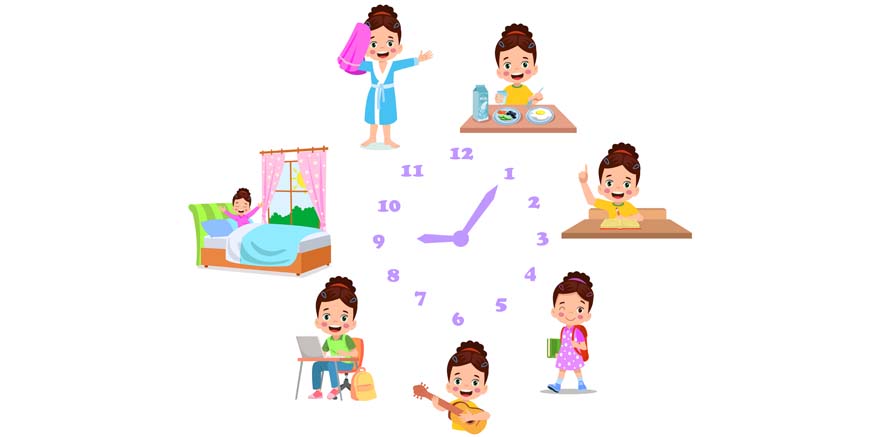





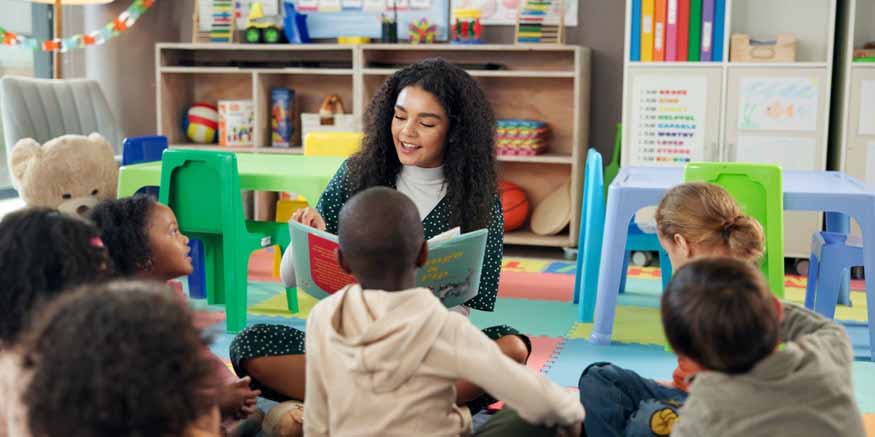

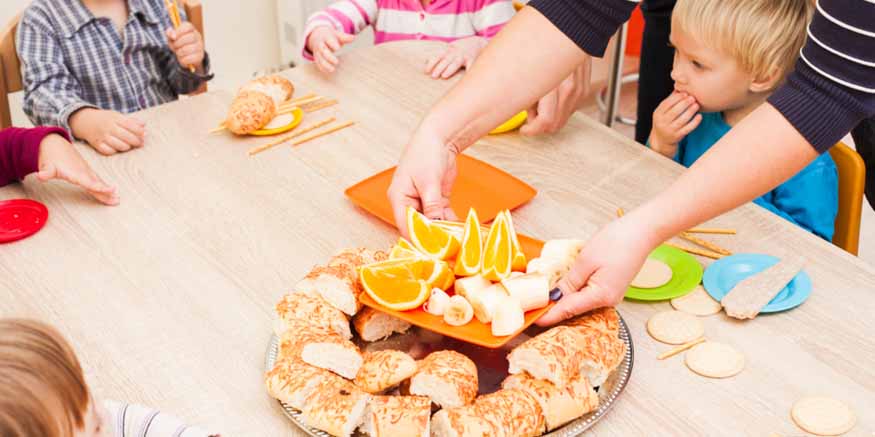

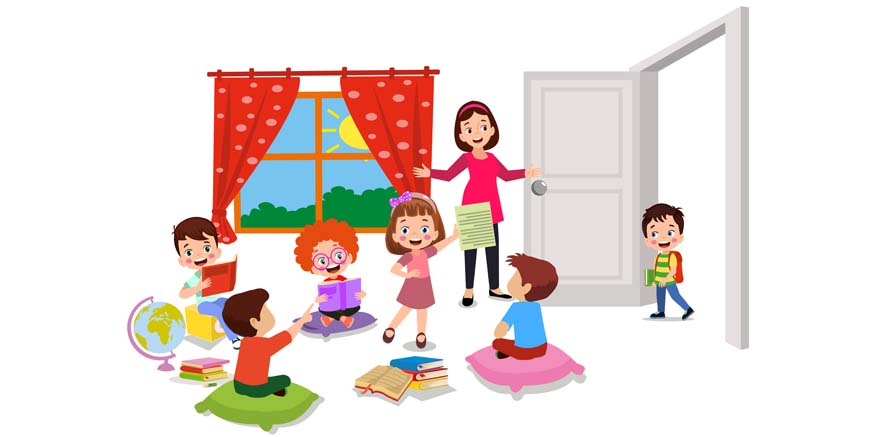

Recent Comments